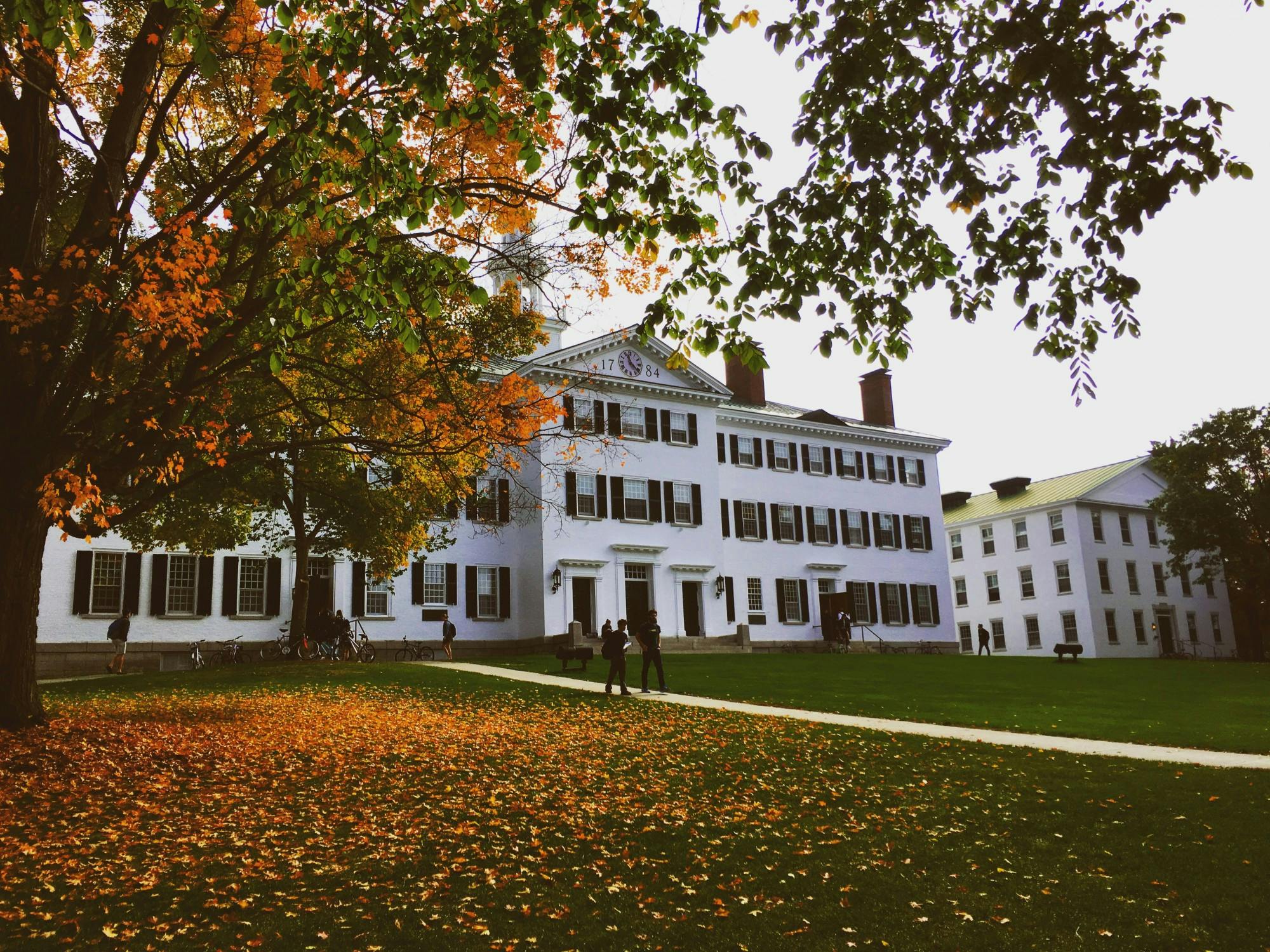On Sept. 17 on Main Street, an older, white man directed slurs at three Indian students and physically attacked biochemistry Ph.D. candidate Abubakhar Khan — who is from Lahore, Pakistan. The racially-motivated assault spurred a Graduate and Professional School Town Hall meeting about racially-charged violence on Sept. 27, with Safety and Security director Keiselim Montás and Diversity and Inclusion vice president Shontay Delalue, who discussed the ramifications of the assault on the South Asian community and safety on campus. In addition to Montás and Delalue, panelists at the town hall included psychiatrist Da-Shih Hu from the counseling department and moderator and dean of the Guarini School of Graduate and Advanced Studies Jon Kull ’88.
Khan said he, among others, was dissatisfied with the event, pointing out that many of the questions addressed to the panelists at the Town Hall were left unanswered. Graduate students were notified of the meeting only a day before, with some graduate students calling the event “useless” as a result, according to Khan. Khan also said that postdocs were given three hours notice to attend and the email was also only sent to graduate students, not undergraduates, which he said he thinks created imbalances among attendees.
“Many of us [international students] don’t even know what our rights [at Dartmouth] are,” Khan said.
In response to criticisms of the College’s response after the September assault, Montás said that “no community is perfect, and Dartmouth is no exception,” adding that certain students may sometimes feel insecure around Safety and Security officers.
“In a small, safe community like Dartmouth, people tend to get alarmed at, sometimes, very little things,” Montás said in reference to the relationship between students and Safety and Security.
Montás added that physical assault cases are “not common” at Dartmouth, and that he was glad that the Hanover Police responded quickly to the assault in September. He also said that Safety and Security supported the victims throughout, even though the charges are in Hanover’s jurisdiction.
Daniel Lin ’23 said that he researches the history and prevalence of hate crimes against Asian students on campus. Lin said that the recent assault was not the first racial hate crime directed at Dartmouth’s Asian students. He added that he is a member of the Dartmouth Asian American Studies Collective which explores contemporary Asian American political voices.
Recounting past instances of discrimination targeting Asian students on campus, Lin said that in 1996, two Asian residents of Little Hall found a slur spray-painted on their door. Although the perpetrator eventually confessed to the crime, he remained a student — even though Lin believes the crime was “grounds for expulsion.”
According to Lin, in 2008, a student named Bonnie Lam was gathering material for a group of candidates for an alumni election on campus, which was met with a racist comic strip — featuring racist caricatures of Asian people and references to Asian prostitutes — published in The Dartmouth branding her as “Boney Ram.”
Lin said that there are far more incidents of racial discrimination against students of Asian descent at Dartmouth to uncover — even ones as recent as 2013. Although he said he has only been able to discover a few instances so far, he said that he expects there to be many more.
For Sabik Jawad ’26, life on campus as an international student from South Asia not only brings questions about acclimating to American life, but also a set of cultural challenges, he said.
“I was talking to a few of my friends a couple weeks ago, and they were talking about alcohol and I was whispering about it,” Jawad said. “For an international [student], it’s something you have to be very careful about, because for us, [consequences are] not usually just a slap on the wrist.”
Originally from Bangladesh, Jawad said that he has “assimilated better” than he thought he would to life at Dartmouth, but also that doing so is “more of a rarity” for international students.
Vadin Thadhani ’26, who is from London, said that he recommends Shanti, a Hindu student organization, as an avenue for South Asian students to celebrate their heritage. The organization hosts weekly pujas — a Hindu worship ritual — led by a pandit from Boston, along with other programming.
“Shanti is a safe space to discuss any facet of life that is bothering you and is a great way to enjoy South Asian culture and cuisine,” Thadhani said.
Thadhani, who is Sindhi, said he “hopes to create a community” for himself and other Sindhis “to discuss South Asian safety and the growth of the culture.”
While Montás said his exposure to cases of racially-motivated attacks against South Asians at Dartmouth is limited, Safety and Security does have protocols in place for international students to feel more comfortable on campus. In the event that international students are questioned by government officials, for example, Montás said that Safety and Security is available to step in and mediate.
Montás said he is also proud of his staff, and hopes that apps such as LiveSafe — which allows campus students to contact emergency services around the world at any time of the day — will help all community members feel safer.
“The sense of [campus] community is very strong. I was walking by the library, and I just saw someone crying by the wall and sitting down,” Jawad said. “I walked towards them, and two other people also walked towards them to ask what was going on, and we basically just sat there and talked for an hour. I wouldn’t expect that back home, or anywhere else outside of Dartmouth.”
However, Khan said he still believes that the College can enhance its resources to make Dartmouth a more comfortable space for South Asian students.
“If the College needs to gain trust from students, they need to make an effort as well,” Khan said.




